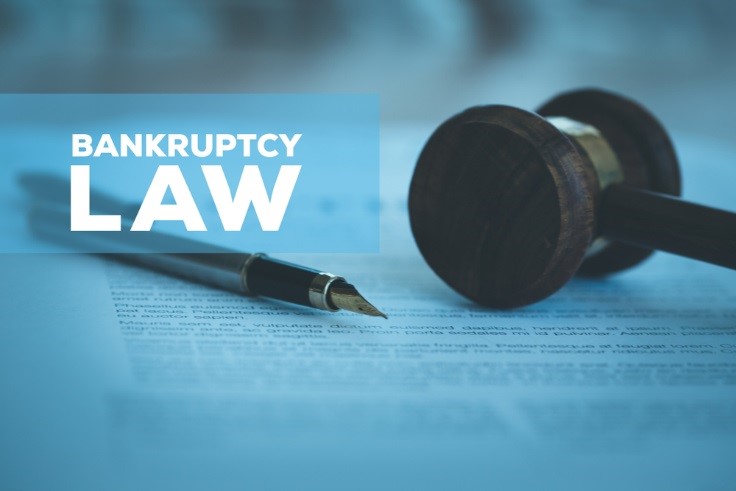There are many misconceptions around what trusts are and who they are designed to benefit. A person doesn’t need to have heaps of money and properties in order to create a trust and begin estate planning. In fact, even though estate planning is for everyone, far too many people neglect to ever do so and ultimately leave their family to pick up the pieces after they’re gone. Continue to read along to learn more about how these processes work, who’s involved, and what the benefits are.

What Does It All Mean?
The concept of a trust is actually quite simple. Trusts are legally binding arrangements in which one party holds property on behalf of another. An estate refers to everything a person owns, including their vehicles, properties, life insurance, personal possessions and any other assets they may have. Therefore estate planning is the proactive process of distributing ones wealth before they pass away or become incapacitated.
Who Does It Involve?
These arrangements are most typically made within families in order to grant another person the authority to manage the estate described in the trust. The person creating the trust is called the settlor or trustor, and the recipient is referred to as the trustee. Lawyers are typically involved in this process as well as to ensure every detail is properly addressed and legally stands.

What Are the Advantages and Disadvantages?
There are far many more advantages to curating a trust and beginning the estate planning process than there are disadvantages. Mainly, it allows many of the legal processes to move more quickly. Additionally, a trust is effective immediately, can offer tax minimization perks, and allows for underage beneficiaries. The noteworthy disadvantages of trusts are the preparation costs and the amount of time it can take to retitle your assets.
Conclusion
Everyone needs a will and trust. Without one, your loved ones are at the mercy of the Government who will run up your estate charges with no concern over taxes. Contact us today to receive a free consultation on your trust and estate planning needs!






